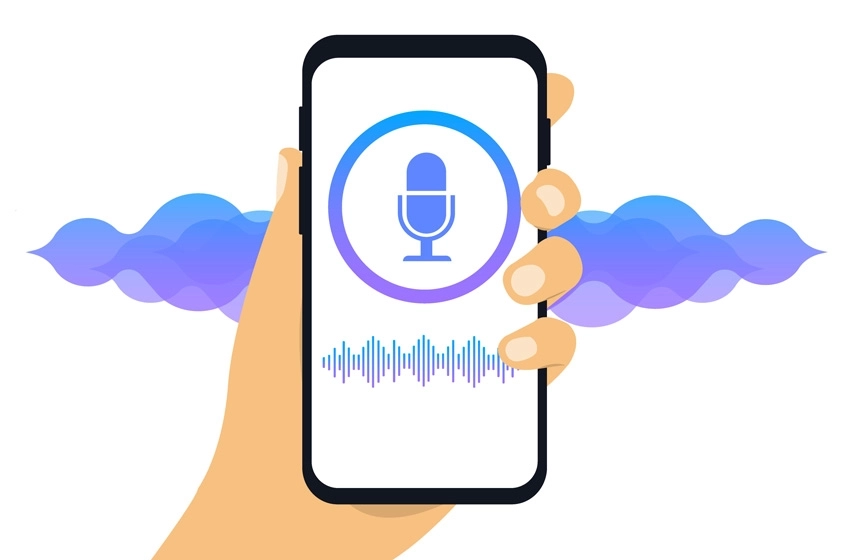Voice search is a technology, typically requiring a software application or virtual assistant, that allows users to use spoken language to input queries. Questions can be posed using smartphones, smart speakers, or any device equipped with a virtual assistant. Users can ask questions, request information, or give commands to perform various tasks, all by simply using their voice.
Advantages of Voice Search
Convenience and accessible are two of the primary advantages of voice search. Voice search also allows for hands-free operation, making it ideal for situations where manual input is difficult or not possible, such as while driving. It has allowed many devices to be created that only need someone to speak to input a query, which assist individuals when they unlocking a phone or connecting to the computer would be cumbersome. Sometimes, it’s just better to go hands free because speaking a request can often lead to faster results than typing one in using traidion search.
Voice search also provides more natural and conversational results. When users speak their queries, they tend to use more natural language and ask questions as they would ask a person. This creates a feedback loop where an individuals virtual assistants becomes better at assisting with tasks and anticipating questions or preferred phrasing of responses.
Changing the Way We Use the Internet
Voice search is reshaping the way we use the internet in several ways. First and foremost, it is changing the way we search for information. Voice queries tend to be longer and more conversational compared to traditional text-based searches. Users are now asking specific questions instead of using short keyword phrases. As a result, search engines are adapting to provide more precise and relevant answers.
Voice search is also changing how businesses optimize their websites for search engines. With the rise of voice search, there is increased emphasis on optimizing for long-tail keywords and conversational phrases. Website owners, like Doctor Genius, must now increase their focus on providing direct and concise answers to commonly asked questions to increase their chances of appearing in voice search results.
The difference between voice search and standard search queries
Voice search is driving the growth of local search. Users searching for nearby businesses or services using voice often specify their location or ask for the nearest option. This presents opportunities for local businesses, such as medical practices, to optimize their online presence and ensure they appear in virtual assistants' local search results.
Types of Voice Search Optimization Tools
Various voice search tools cater to users' diverse needs today. Since the early 2000s, almost all forms of technology have implemented tools and tactics to help all consumers get the most out of their products and services. Voice search not only helps the visually impaired and has also been useful for users of all ages, backgrounds, and personalities, especially since 2020.
The most commonly used devices with enabled voice search include smartphones, tablets, desktops and laptops, smart speakers, smart homes, and in-car applications and assistants. A plethora of search engines and websites also provide the option of voice search, including but not limited to Google Maps, Google Search,YouTube, and Yelp.



